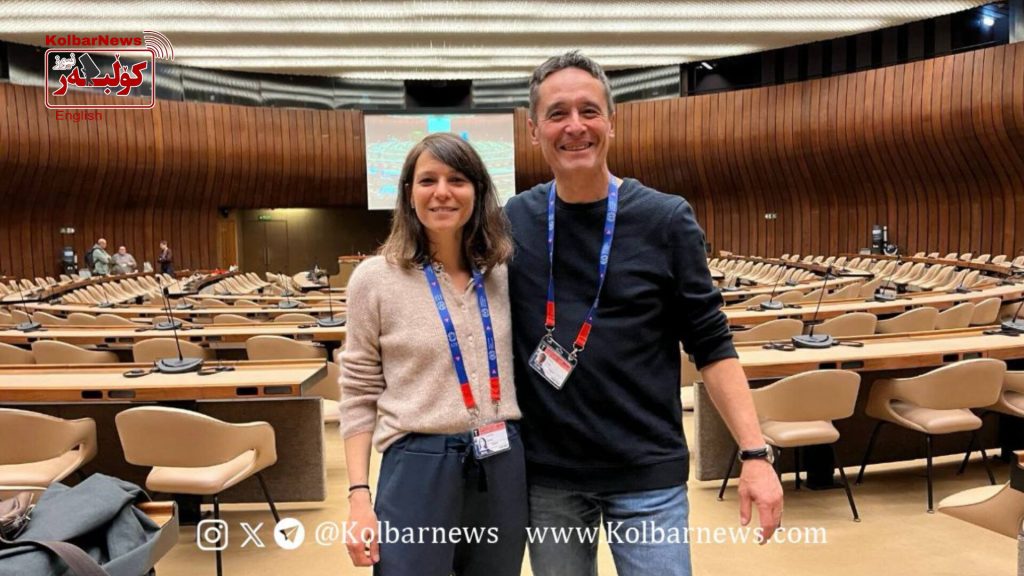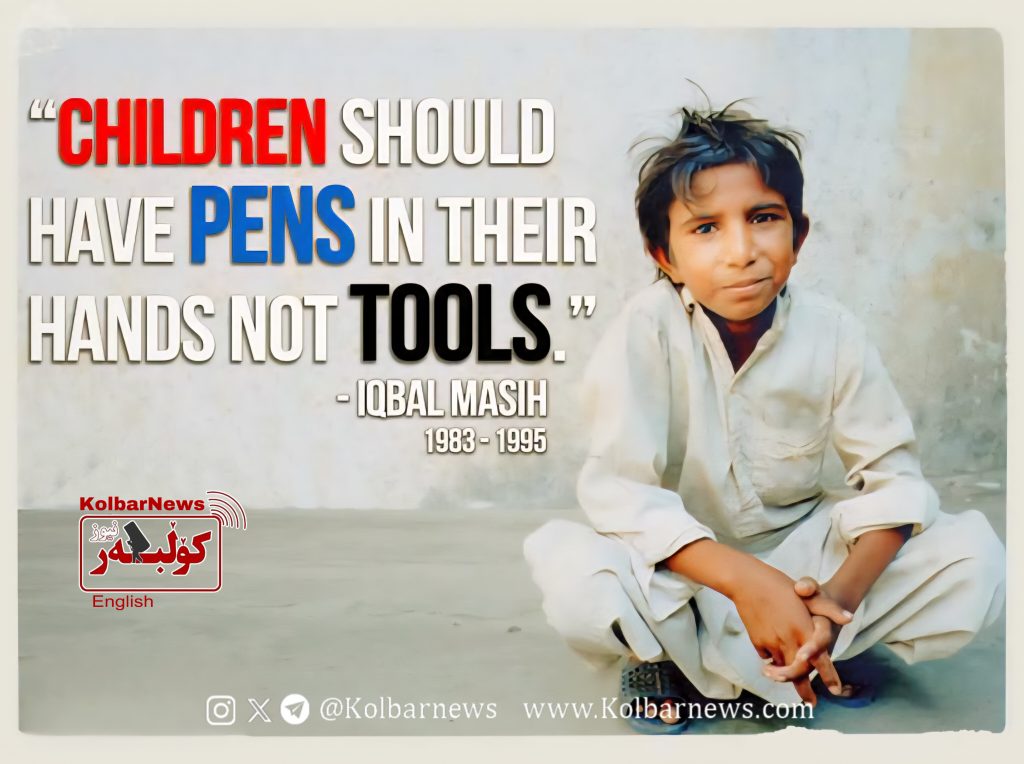
Despite the reforms made to the vetting law, widespread discrimination against national and religious minorities remains in place in the Islamic Republic of Iran. In reality, Sunni Muslims especially among Kurdish and Baluch national groups, are significantly underrepresented in government institutions, the judiciary, and higher education, unless they adopt Shi’a positions. The United Nations Special Rapporteur expressed serious concerns in February 2024 about structural discrimination against the Baha’i religious minority. They are subject to arrest and harassment and are effectively excluded from all public employment and educational opportunities unless they conceal their beliefs.
Kurdish minorities in western Iran face economic marginalization. Speaking the Kurdish language in schools or calling for local autonomy can be criminalized or violently repressed. To escape this structural poverty, many Kurds are forced to risk their lives by becoming Kolbars who transport contraband goods across the mountainous western border regions of Iran, facing the constant threat of death. In 2024, 345 Kolbars were killed or injured in the border areas, due to direct gunfire by security forces, avalanches, hypothermia, landmine explosions, falls from cliffs, and other incidents. Among them were 22 underage Kolbars, all under the age of 18.
Families’ demands for investigations have gone unanswered. The Kurdish population receives no social support. Systemic discrimination is the primary cause of underdevelopment and poverty among the marginalized Kurdish nation.
Similarly, Sunni Baluch workers in the province of Sistan and Baluchestan are forced to work as Sukhtbars, transporting fuel to Pakistan just to earn a subsistence living. These individuals face serious dangers. According to the 2024 annual report by the Balochistan Human Rights Group:
At least 479 Sukhtbars were killed or injured in various incidents, including shootings, car chases, and beatings by military forces;
2 people drowned while working, 3 died in fires, and 7 others suffered burns.
Amnesty International reported in April 2025 that other national minorities, including Ahwazi Arabs, Kurds, Baluchis, Turkmens, and Azerbaijani Turks, are treated as second-class citizens, targeted based on their identity, and deprived of education, healthcare, and other basic services. These atrocities and systemic exclusions must end. Every worker and every individual, regardless of gender, nationality, or religion, must have access to political, economic, employment, and educational opportunities in Iran, as guaranteed by international conventions.

